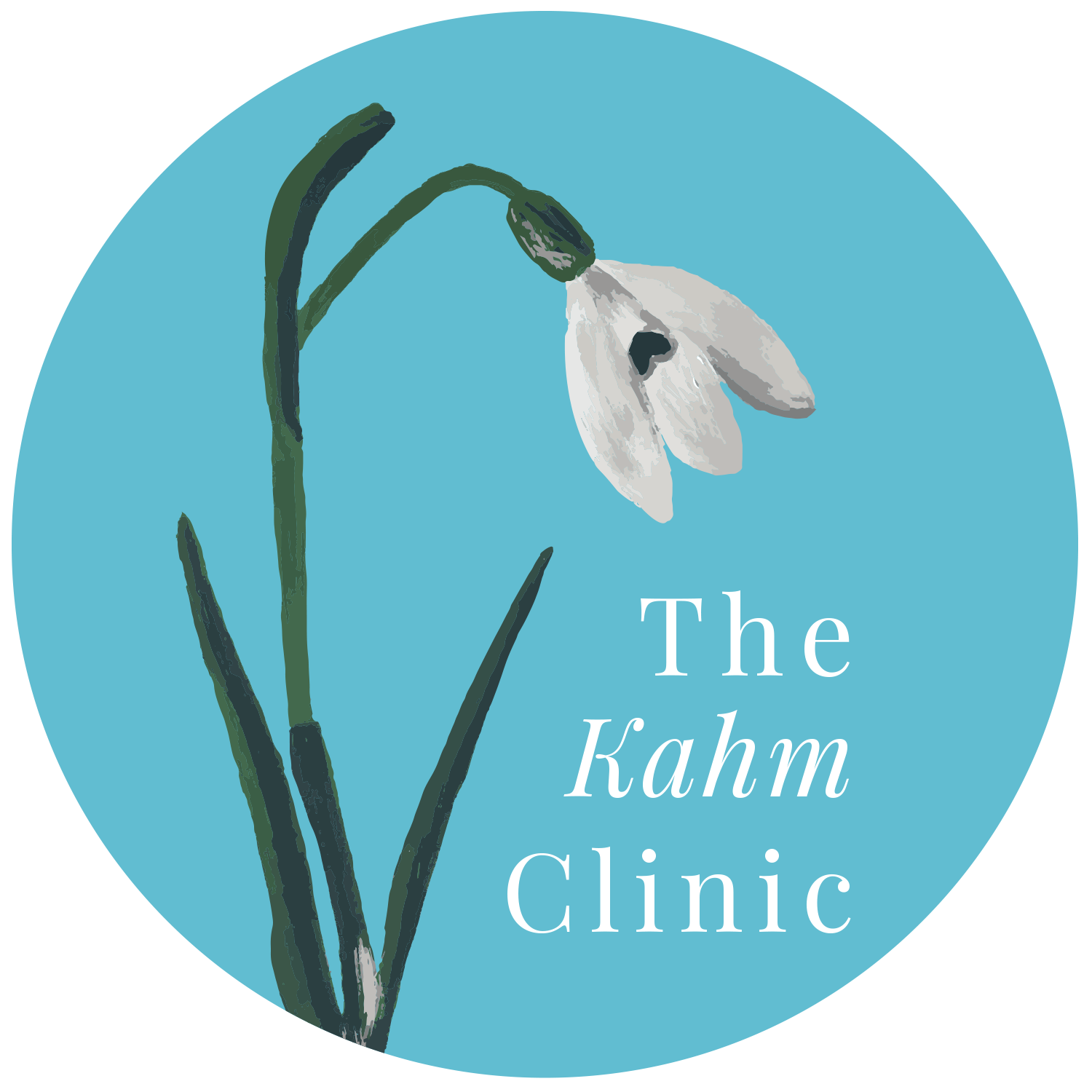Summer Body Image and Eating Disorders
It’s not surprising that body image issues often increase during the summer months. Some research suggests that over 90 percent of women are disappointed with their bodies (1) — and many of these insecurities are put on full display as the weather heats up, with short shorts, skimpy tank tops, and swimsuits.
This uptick in negative body image is particularly challenging for individuals with eating disorders, as there’s a strong correlation between body image and eating disorders.
In fact, body dissatisfaction is one of the most consistent risk factors for eating disorders and also a common predictor of low self-esteem, obesity, and depression. Body image is ingrained in individuals from a young age, giving these distorted thoughts a deep stronghold as time goes on. The media often preys on this insecurity by focusing on diet culture, impossibly thin models, and “bikini-ready bodies.” This pressure is made worse by comparison on social media against filters and photoshopping, which set an unrealistic bar when it comes to body type.
Fortunately, there’s a current push for body positivity — the idea that healthy and happy bodies come in all shapes and sizes. The body positivity movement promotes acceptance and love of the body in a hope to improve body image and boost self-esteem. It also aims to challenge the unattainable standards of appearance that we so often see online and in the media.
Ultimately, adopting a positive body image is up to each individual.
With that thought in mind, here are three simple steps to improve your body image.
1. Nourish your body well.
During the summer months, it’s normal to be out of your typical routine. You may be eating out more often or gathering with friends for happy hours or barbecues. To give you a sense of control despite these disruptions, develop a structured and balanced meal plan. Stick to it whenever you can, knowing that it’s okay to stray from it sometimes. Proper nutrition will also support your mental health, making you more prepared to handle eating disorder triggers and challenges.
2. Practice positive self-talk.
The way you talk to yourself matters. Treat yourself with the care and compassion that you would show a good friend struggling with body image. When you look in the mirror, focus on the body parts you like. Think about how your body allows you to play with your kids or take your dog for a walk. Replace negative criticism with statements like “I am strong” or “I nurture my body with wholesome foods.”
If you struggle with this exercise, consider writing encouraging words on Post-It notes and sticking them around your house. You can even set a daily reminder on your phone!
3. Move your body in a joyful way.
Focus on what your body can do! Whether you’re training for a 10k or aiming for 10,000 steps per day, set small, achievable goals to keep you on track. If you’re ready to step out of your comfort zone, consider learning a new physical activity by taking a dance class with friends or signing up for a multi-day hike. Enjoy moving your body and appreciate all that it can do.
Remember: Eating disorder recovery is not a linear journey.
It requires continuous effort and constant support, especially in the face of negative body image and other triggers that tend to increase during the summer months. It’s important to be aware of potential setbacks and prepared to navigate these challenges with your treatment team and loved ones.
To talk to a professional about eating disorder treatment, please reach out to our staff or schedule an appointment at The Kahm Clinic today.
References
Grabe, S., Ward, L., & Hyde, J. (2008). The role of the media in body image concerns among women: A meta-analysis of experimental and correlational studies. Psychological Bulletin, 134(3), 460-476.

